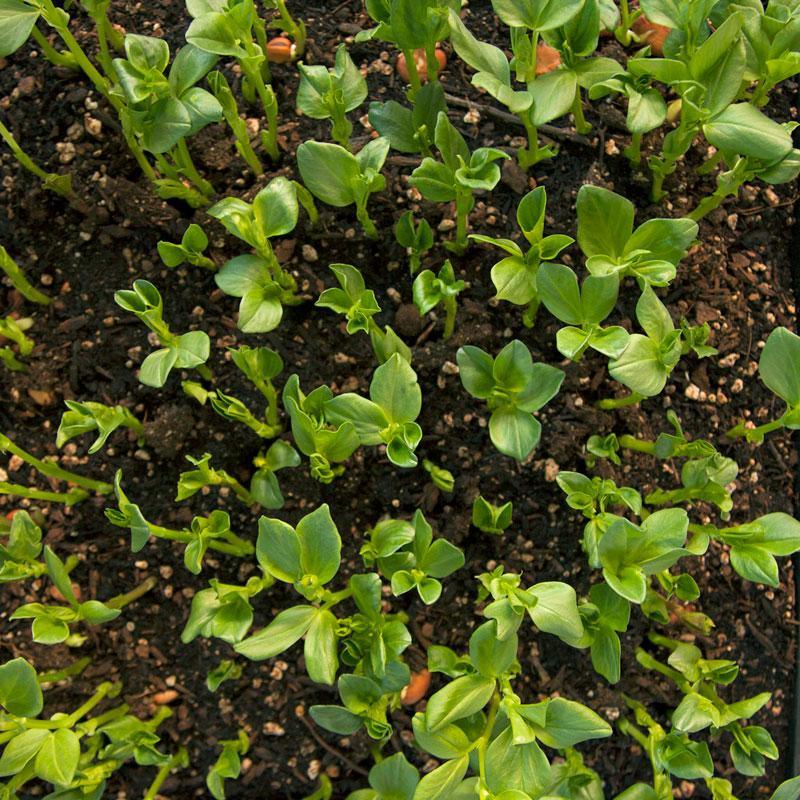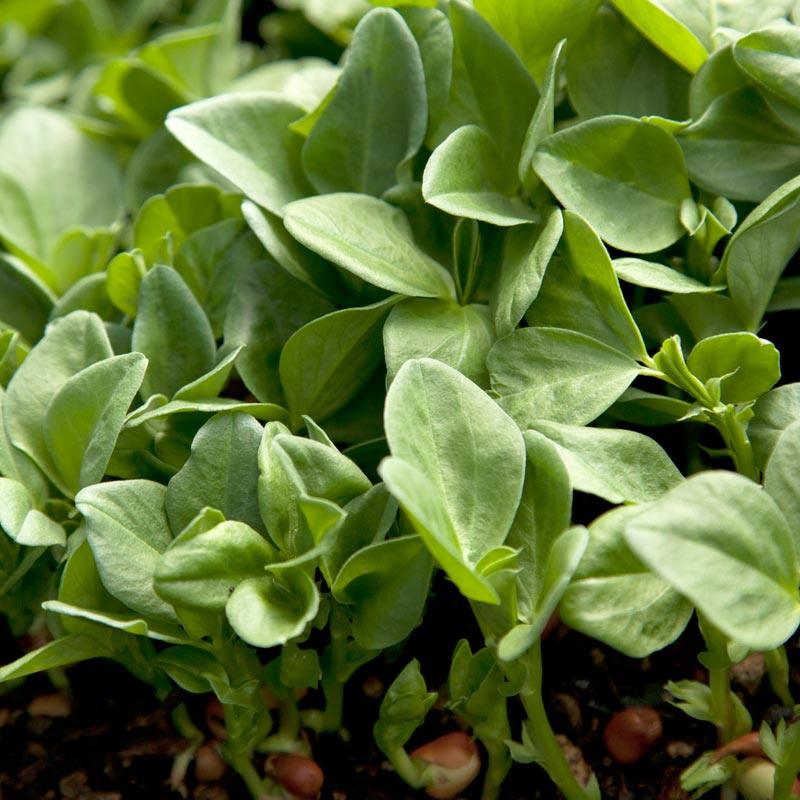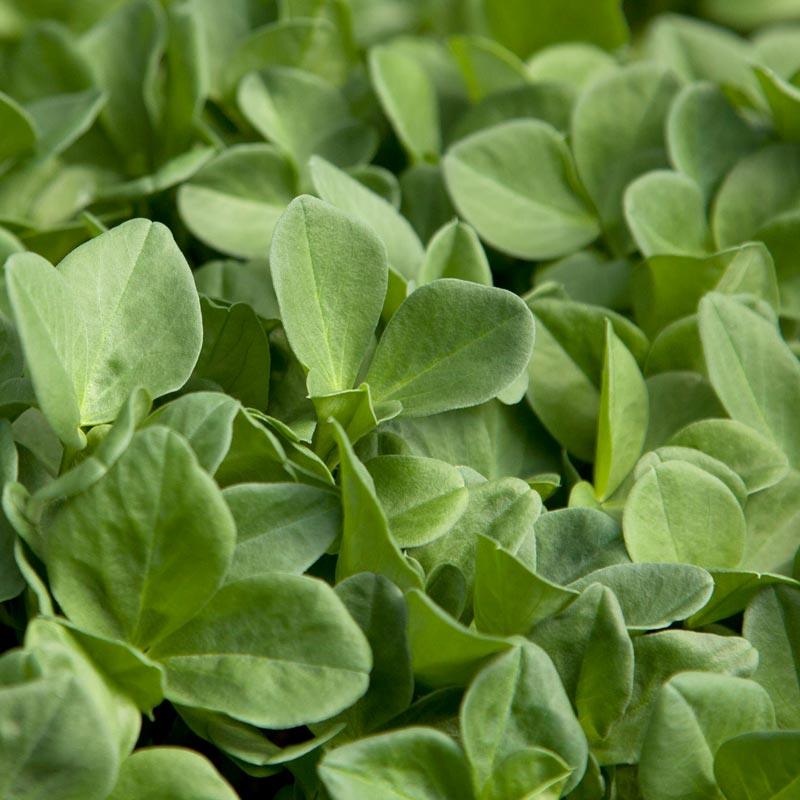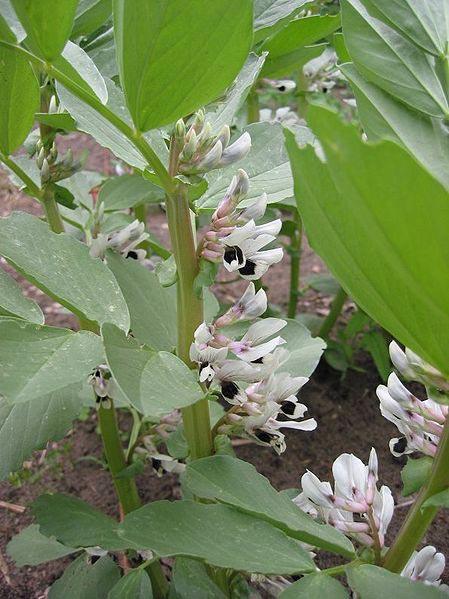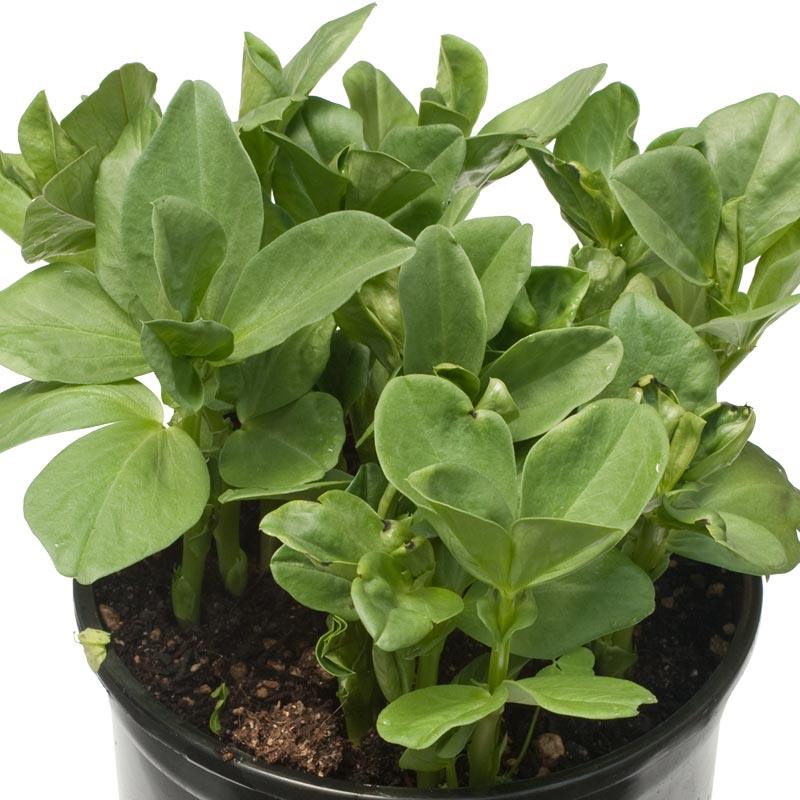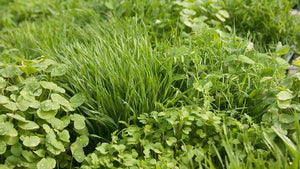Item Number: SCL705
Fava Bean, Windsor, Raw Seed (lb)
Also Called Broad or Horse Bean
Vicia faba Cool season legume cover crop
Broad Windsor Fava Beans, also known as fava bean seeds, are an exceptional addition to any garden or farm. These organic fava beans not only serve as a highly effective cover crop, enriching your soil by fixing nitrogen, but also offer a delicious and nutritious food source. Whether you're growing for soil health or culinary purposes, Windsor Fava Beans are versatile and easy to cultivate.
Key Features:
- Full Sun & Robust Growth: Windsor Fava Beans thrive in full sun and are known for their deep root systems, which improve soil structure, suppress weeds, and enhance water infiltration.
- Nutrient-Rich & Culinary Delight: These beans are packed with protein, fiber, folate, vitamin K, iron, and magnesium. Their creamy texture and nutty flavor make them a standout in a variety of dishes. Cooked in olive oil or added to soups, stews, or salads, they offer a unique taste profile.
- High Biomass & Green Manure: As a cover crop, their deep roots fix up to 150 lb/acre of nitrogen, reducing the need for synthetic fertilizers. Their large seeds are easily turned into green manure for soil enrichment.
- Planting & Care Tips:
- Planting Time: Early spring or late fall works best.
- Spacing: Plant seeds 1-2 inches deep, 6-8 inches apart in rows 18-24 inches apart.
- Watering: Keep the soil consistently moist, especially during flowering and pod formation.
- Harvesting: Pods can be harvested in 80-100 days when full and green.
- Inoculants: Enhance your crop’s nitrogen fixation with our Pea Vetch or Garden Combination Mix inoculants Pea Vetch Inoculant and Garden Combination Inoculant.
Culinary Uses:
The large fava beans are perfect for fresh consumption or preservation. Once shelled, bring to a boil and sauté in olive oil for a rich, flavorful side dish. Dried beans can be ground into flour for falafel, hummus, or added to various recipes.
Learn More: For in-depth cultivation tips and how to incorporate fava beans as part of your garden’s rotation, check out our Fava Beans as Cover Crops Guide.
Whether you're improving your soil health or adding a unique, flavorful ingredient to your meals, Broad Windsor Fava Beans provide both environmental and culinary benefits.
Explore more bean seeds for sale and find the perfect varieties for your garden!
Check Your Zone Compatibility:
Compatible with your zone.
Growing Zone for

Our Guarantee To You
Since 1976, we've served our customers at every stage of growing. Please contact us at any time. We are happy to support and assist you.
Shipping Information
Shipping Information
Shipping Weight: 1.1 lb
Dimensions: 8.0"L x 6.0"W x 2.0"H
Features
Features
- Adds Significant Organic Matter
- Attracts Bees/Butterflies
- Attracts Beneficial Insects
- Cold Hardy
- Down to 25°F
- Fixes Nitrogen
- Good for Weed Competition
- Loosens Heavy Soils
Characteristics
Characteristics
Use Instructions
Use Instructions
Useful Information
Useful Information
Guarantee
Guarantee
Share
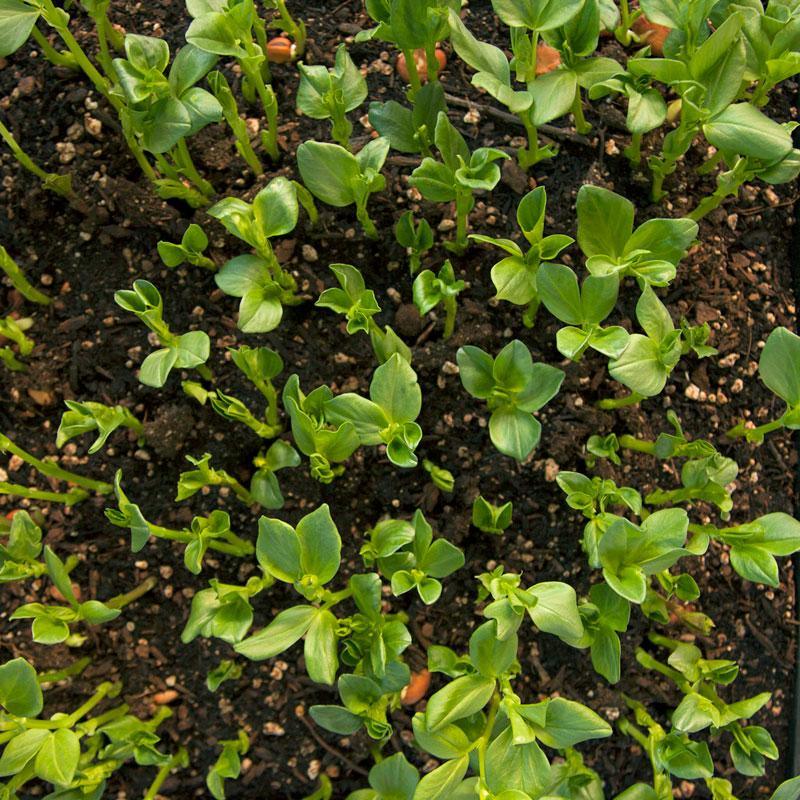
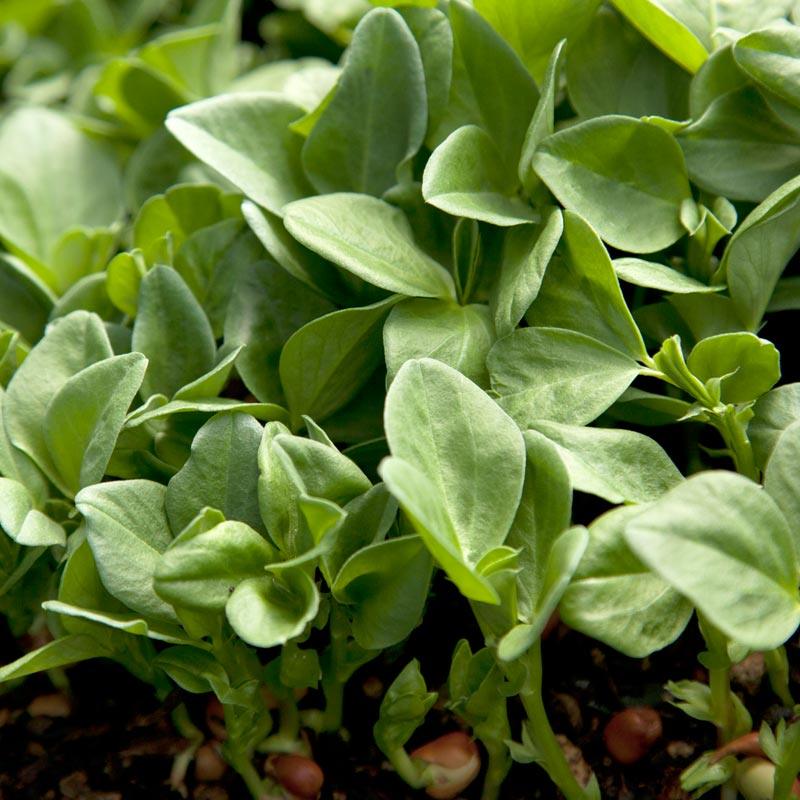
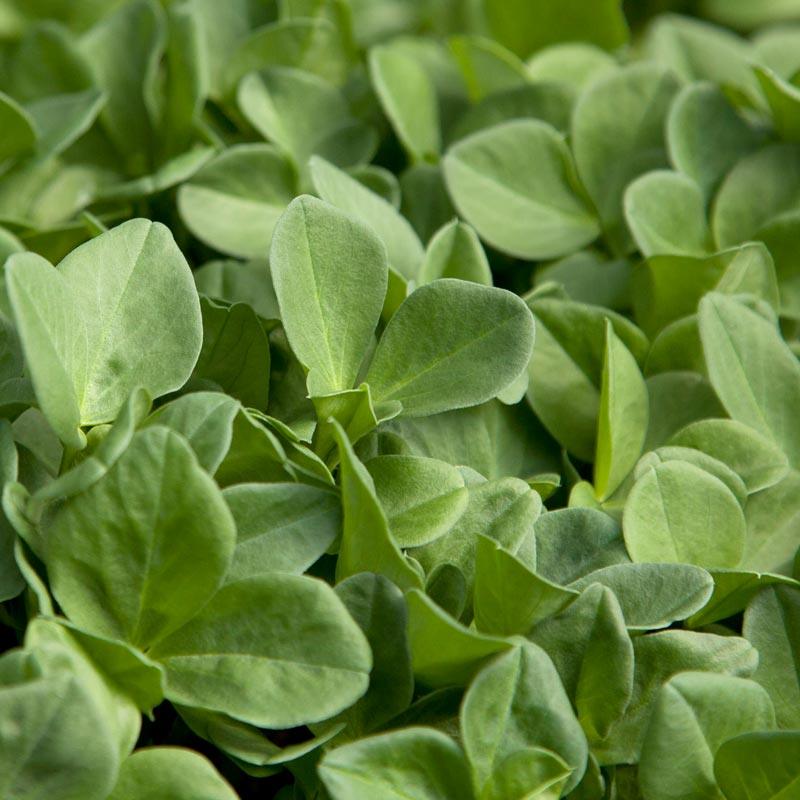
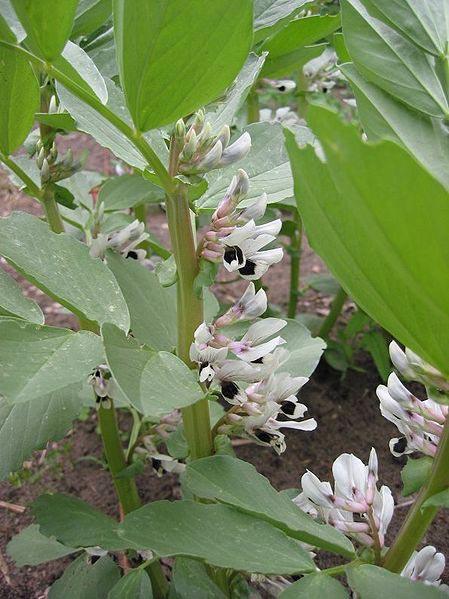
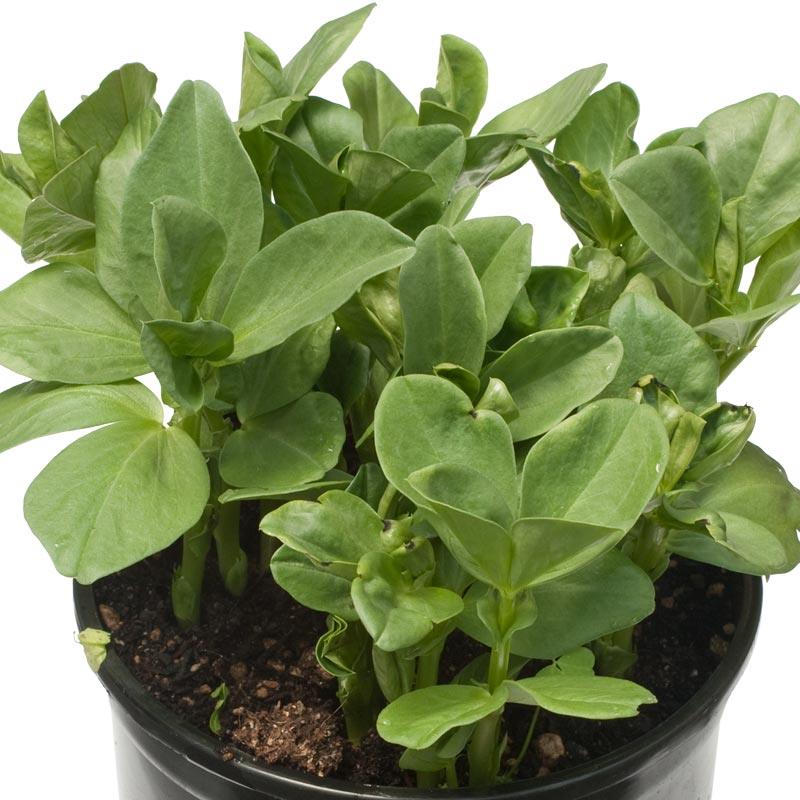
Every single seed I planted came up. They are already more than 1 foot tall! Thank you for these productive seeds
Great
these are the best cover crop. It makes wonderful green manure.
Seeds were a nice size and germinated very well.
I ordered 3 lbs of fava bean seed, and it weighed in at just over 3 lbs, all high-quality seed. Happy to support organic seed production, and working on growing some green manure.

